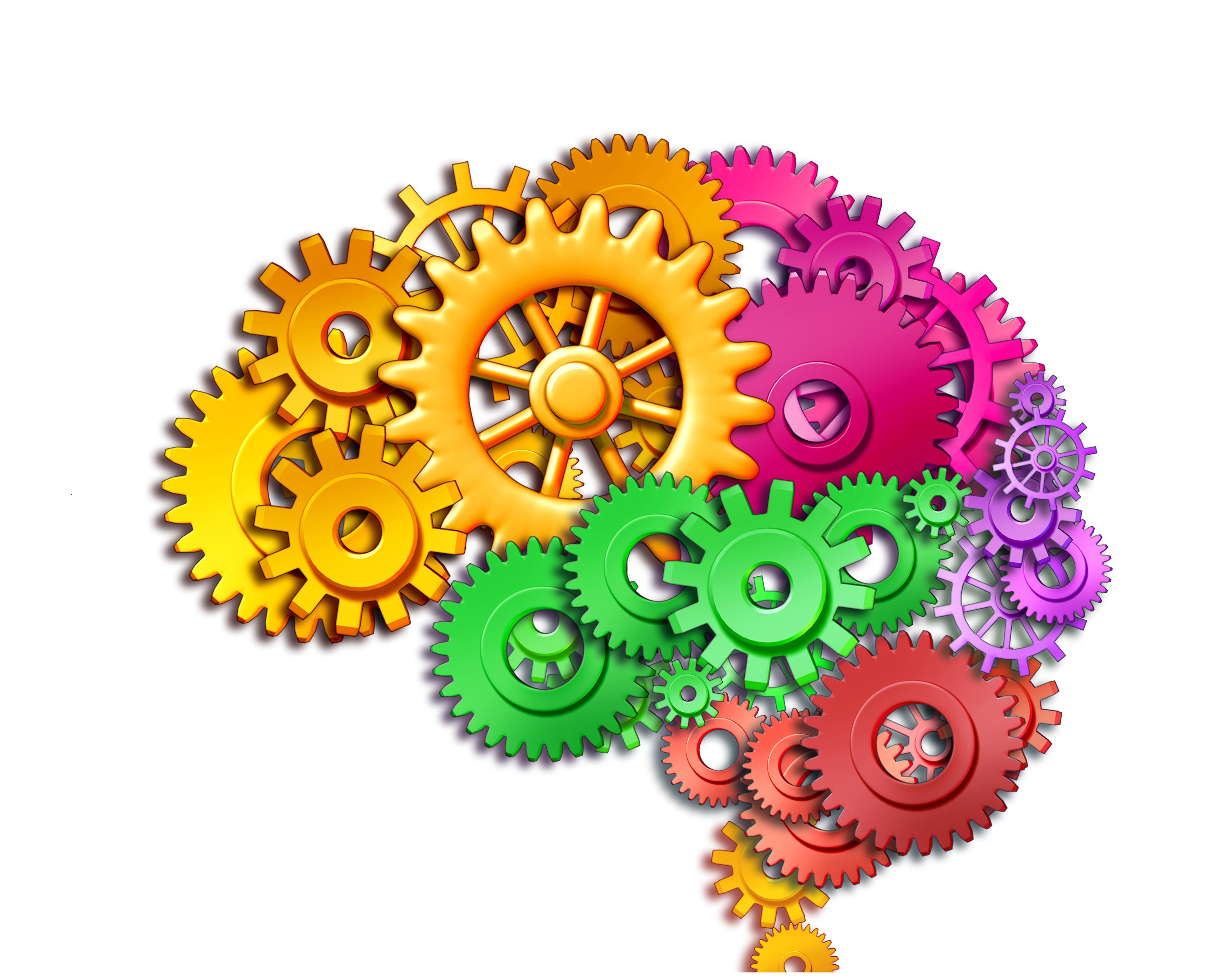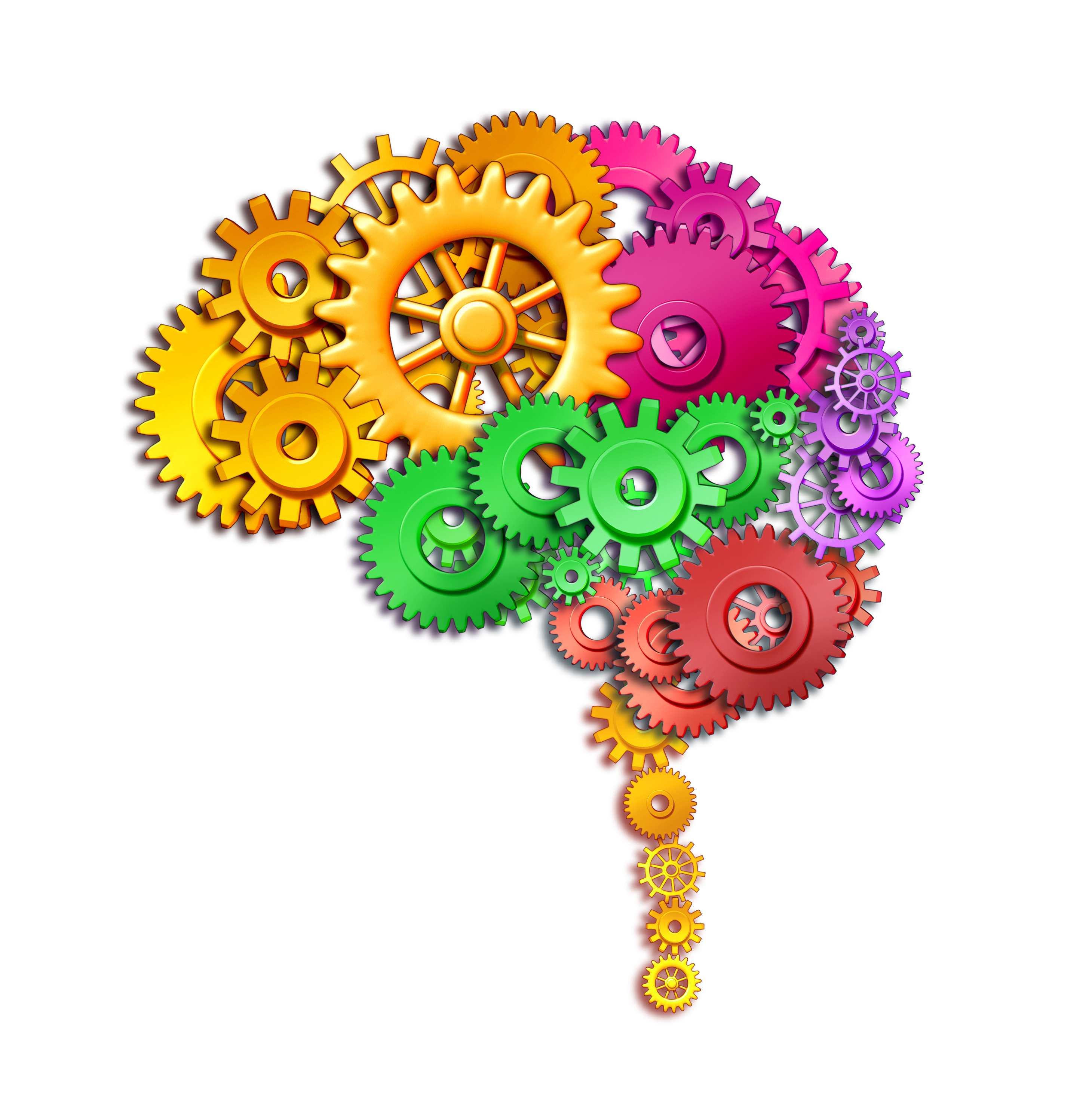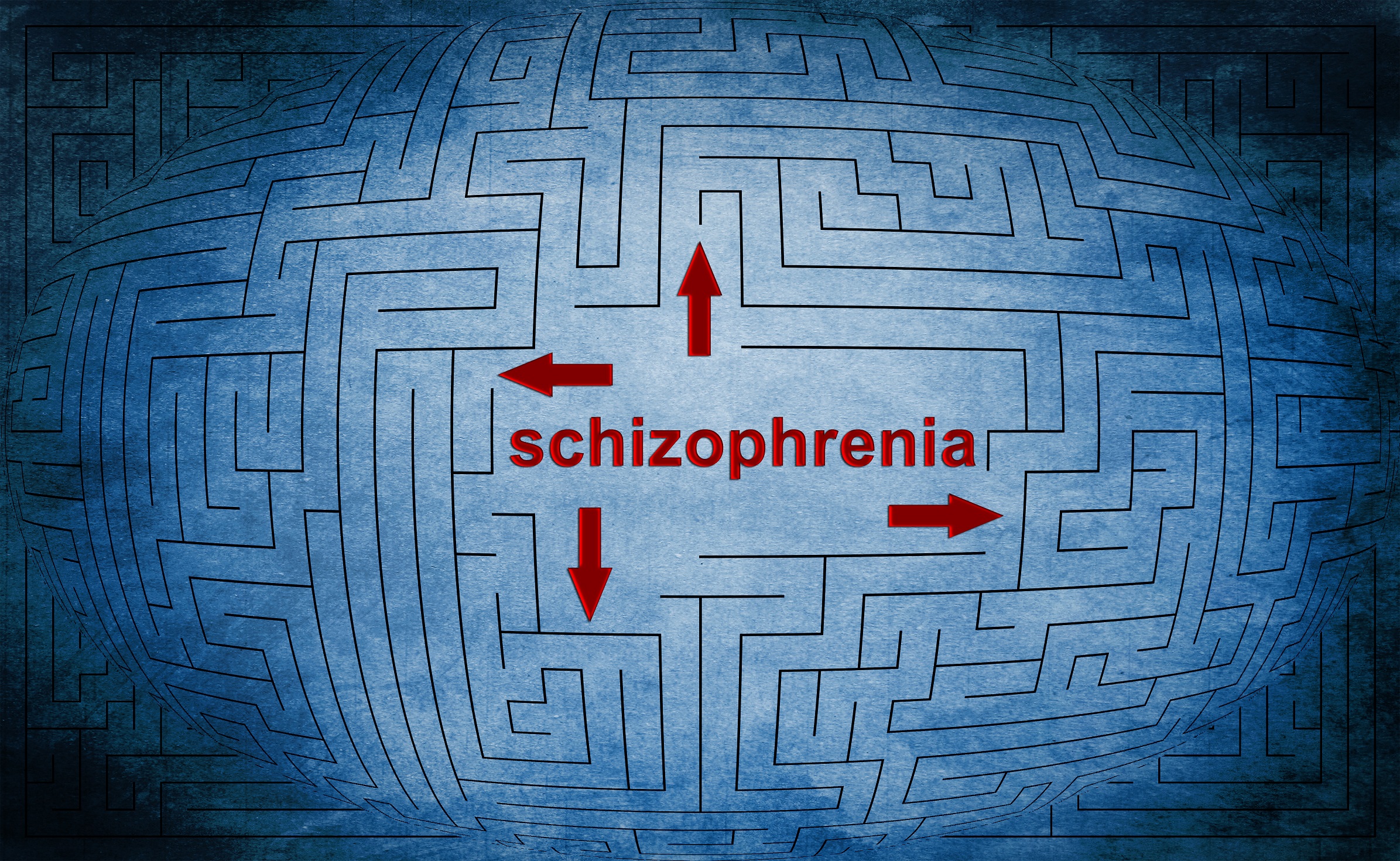Topics tagged with "General cognition"

Negative thoughts and mood
What are negative thoughts and mood in PTSD? For a diagnosis of PTSD, there needs to be at least two “negative alterations in cognitions and mood”. These include negative thoughts or feelings that began or worsened after the trauma, an inability to recall key features of the trauma, overly negative thoughts and assumptions about oneself or the world, exaggerated blame of self or others for causing the trauma, negative affect (e.g., fear, horror, anger, guilt, or shame), decreased interest in activities, feeling isolated, and difficulty experiencing positive affect. What is the evidence for negative thoughts and mood in PTSD? Moderate…

General cognition
What is general cognition in PTSD? Overall cognitive functioning may be disrupted in people with PTSD. Intelligence quotient (IQ) is derived from standardised tests used to measure general cognitive functioning. IQ is most commonly measured using the Wechsler Adult Intelligence Scale (WAIS). The WAIS is designed to measure all aspects of cognitive functioning and is divided into subtests measuring verbal IQ (verbal comprehension and working memory) and non-verbal IQ (perceptual organisation and processing speed). Other tests used to assess IQ include the Mini-Mental State Examination (MMSE), which assesses cognitive impairment; the National Adult Reading Test (NART), which assesses premorbid intelligence;…

Cognitive failures
How are cognitive failures related to PTSD? Cognitive failures or “slips” are experienced by everyone from time to time and represent a brief lapse in concentration in real world settings. They are influenced by factors such as personality, mood, stress, and time of day. People with psychological disorders are thought to be more vulnerable to cognitive failures, possibly due to increased problems with related cognitive processing such as attention. Several self-report tools have been developed to measure cognitive failures. One common tool is the Cognitive Failures Questionnaire (CFQ), which requires individuals to indicate how frequently they have experienced a list…

Cognition
What are antecedents of bipolar disorder? Antecedents, including cognitive anomalies, are usually subtle deviations in development that may become evident during childhood or adolescence. The presence of these deviations may foreshadow the later development of bipolar disorder, however most children who exhibit deviations do not develop the disorder. Studies exploring antecedents are ideally based on representative, population-based samples that follow the group from birth through childhood and adolescence to adulthood. What is the evidence from long-term studies on cognitive anomalies as antecedents of bipolar disorder? Moderate to low quality evidence suggests a medium-sized effect of low IQ in childhood, particularly…

Medication for cognitive symptoms
What are cognitive symptoms of bipolar disorder? Cognitive symptoms in people with bipolar disorder may be apparent in many cognitive domains, including executive function, memory, and attention, and may develop prior to the core mood symptoms of bipolar. Cognitive symptoms are highly disabling and may predict poor functional outcomes What is the evidence for pharmaceutical treatments for cognitive symptoms? Low quality evidence is unclear of the benefits of pharmaceutical treatments for cognition in people with bipolar disorder. Review authors conclude that the findings are disappointing due to study methodological issues. November 2021 Image: ©freshidea – Fotolia – stock.adobe.com

IQ and global cognition
What is IQ and global cognition in bipolar disorder? Intelligence quotient (IQ) is derived from standardised tests used to measure general cognitive functioning. IQ is most commonly measured using the Wechsler Adult Intelligence Scale (WAIS). The WAIS is designed to measure all aspects of cognitive functioning. It is divided into subtests measuring verbal comprehension and working memory and non-verbal perceptual organisation and processing speed. Other tests used to assess IQ include the Mini-Mental State Examination (MMSE), which assesses cognitive impairment; the National Adult Reading Test (NART), which assesses premorbid intelligence; the Wide Range Achievement Test (WRAT), which assesses both verbal…

Cognition in bipolar disorder and schizophrenia
What is cognition in bipolar disorder and schizophrenia? Neurocognitive deficits are a core feature of both schizophrenia and bipolar disorder. People with either disorder may perform poorly on cognitive tasks assessing intelligence, memory, executive functioning, language, information processing and attention. Establishing differences in these cognitive domains may assist correct diagnosis and treatment of the two disorders. What is the evidence for cognition in bipolar disorder compared to schizophrenia? Moderate to high quality evidence found large effects of better overall cognition, attention, and social cognition, and medium-sized effects of better speed of processing, working memory, learning, reasoning, and problem solving in…

Disorganised symptoms
What are disorganised symptoms in bipolar disorder? Key features of the symptoms of disorganisation include disorganised speech and behaviour, as well as inappropriate affect. Severely disorganised speech is difficult to follow, being incoherent, irrelevant and/or illogical. These symptoms are sometimes called positive formal thought disorder symptoms. Disorganised speech may also be deprived of content, which is sometimes called negative formal thought disorder symptoms. Disorganised behaviour includes bizarre or inappropriate behaviour, actions or gestures. Inappropriate (incongruous) affect involves exhibiting incorrect emotional responses for a given context. Symptoms of disorganisation have been identified as risk factors for poor illness outcome, and have…

Medications for cognitive symptoms
What are cognitive symptoms in schizophrenia? Cognitive symptoms of schizophrenia have been found in all cognitive domains, including executive function, memory, and attention, and often develop prior to the other symptoms of schizophrenia. They are highly disabling and predict poor functional outcomes. What is the evidence for treatments for cognitive symptoms? Overall, moderate to high quality evidence suggests second-generation antipsychotics are associated with small improvements in processing speed, verbal fluency, learning, motor skills, long-term memory, and global cognition when compared to first generation antipsychotics, but have no benefit over first generation antipsychotics for improving attention, cognitive flexibility, working memory, delayed…

Cognition in schizophrenia and bipolar disorder
Why compare cognition in schizophrenia and bipolar disorder? Cognitive deficits are core features of both schizophrenia and bipolar disorder. Establishing differences in cognition between these disorders may be useful for identifying differences in the underlying illness pathologies, and may provide potential targets for individual treatments. What is the evidence for cognitive functioning in schizophrenia and bipolar disorder? Moderate to high quality evidence shows small to medium-sized effects of poorer global cognition, executive functioning, social cognition, processing speed, attention, reasoning and problem solving, learning, and memory in people with schizophrenia (including early onset schizophrenia) compared to bipolar disorder (including paediatric bipolar…
Green - Topic summary is available.
Orange - Topic summary is being compiled.
Red - Topic summary has no current systematic review available.